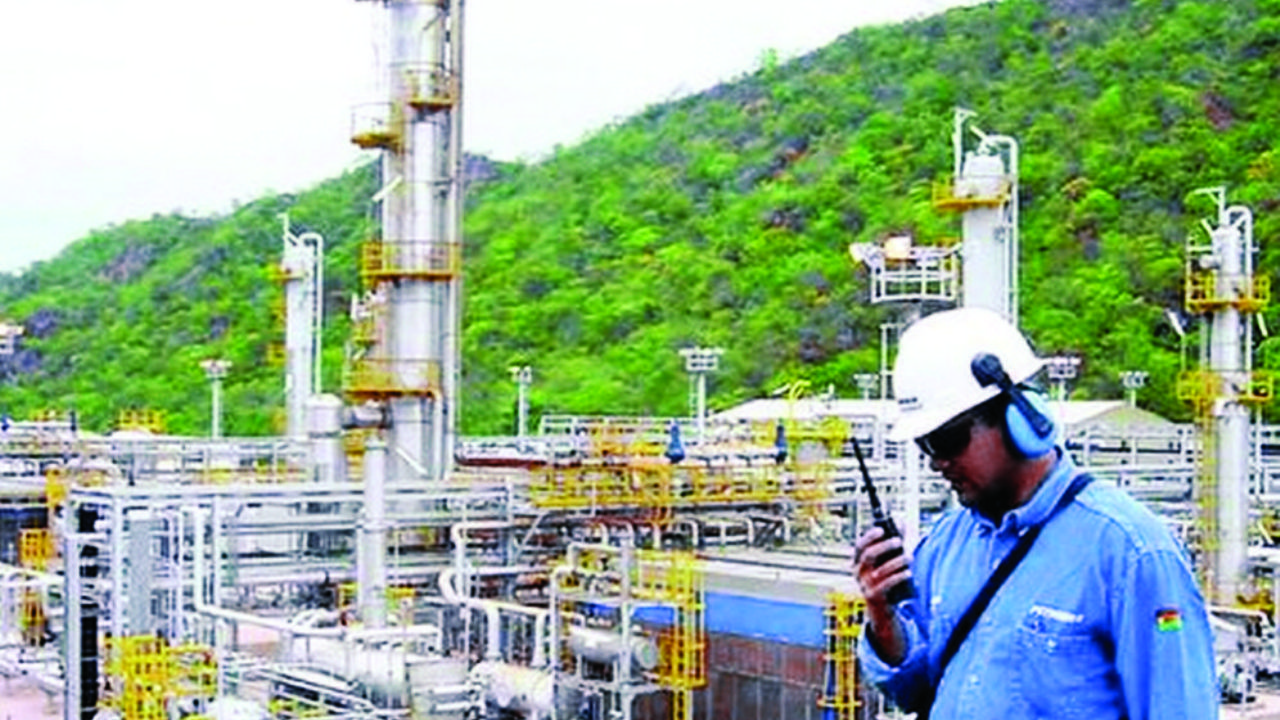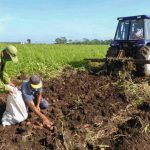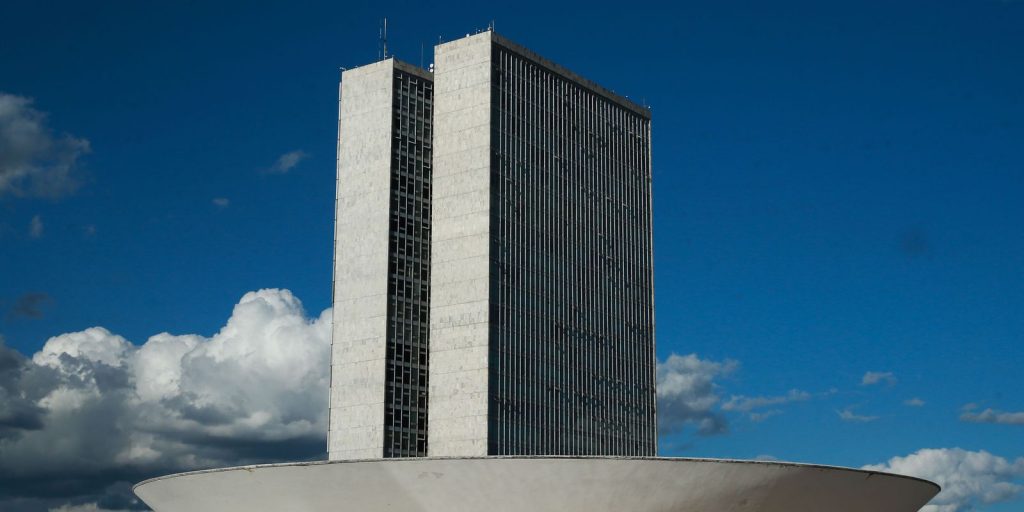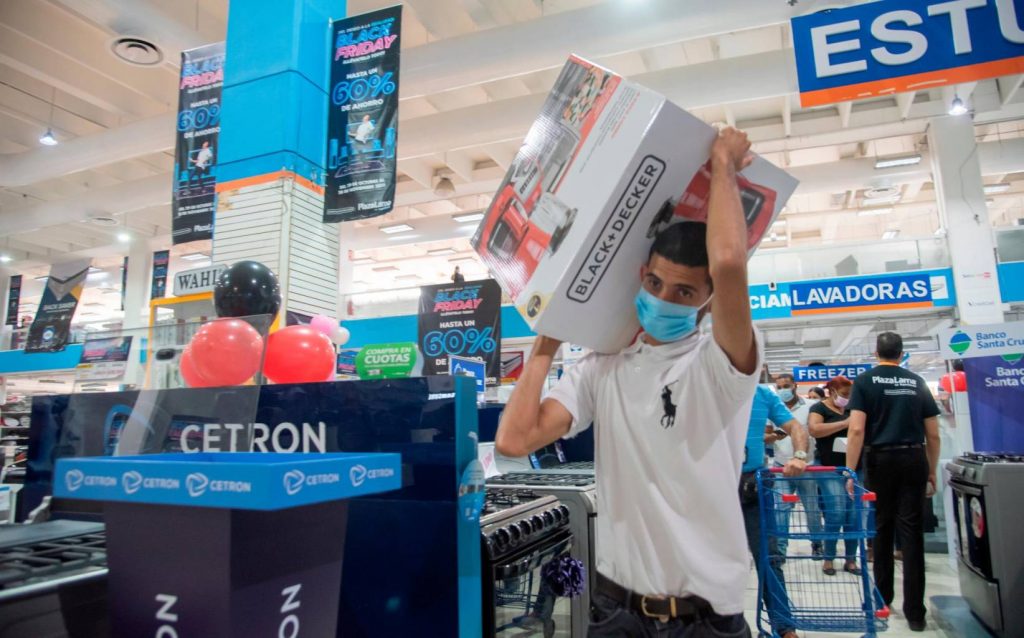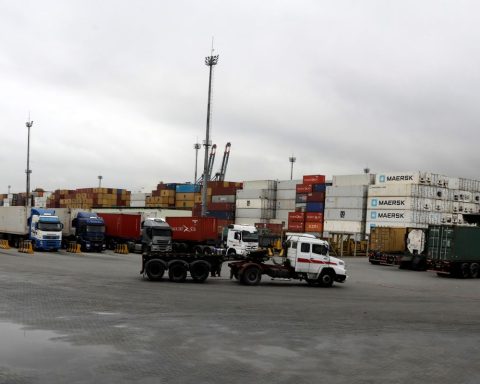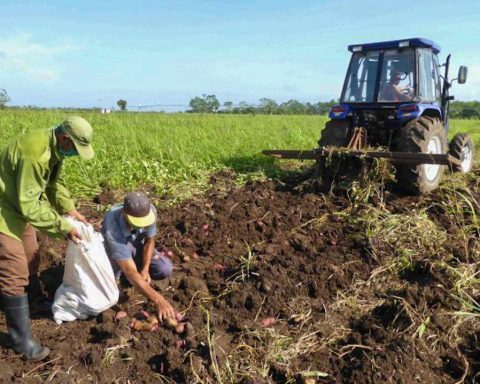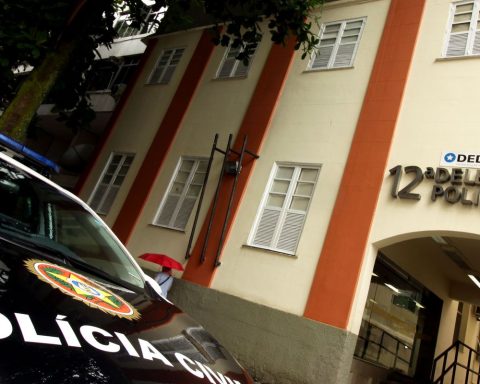Page Seven / La Paz
Income from the Direct Tax on Hydrocarbons (IDH) and royalties for hydrocarbons will decrease in 2022 to 10.7%, marking a sustained decrease since 2015 due to the drop in production and prices.
Data from the 2022 General State Budget project (PGE) say that the estimated collection of the IDH will reach 5,625 million bolivianos, 679 million bolivianos lower than the amount projected for this year, which was 6,304 million bolivianos.
Figures presented by the Minister of Economy, Marcelo Montenegro in July, show that the collections of this tax in the first half of 2020 had reached 3.463 million Bolivians, but this year in a similar period they had only reached 2.489 million Bolivians, that is 28% less.
The PGE 2022 project in Volume I records the value of royalties for hydrocarbons that is expected to be generated and that reaches 3,163.8 million bolivianos, lower by 382.3 million bolivianos compared to the 3,546.1 million bolivianos foreseen this anus.
Analyst José Padilla said that this drop has been dragging on since 2014 due to the decrease in gas and liquid production and reserves, and the following year the regions will have financial problems. The level of gas reserves that the country has is also unknown, despite the fact that by law certification must be carried out every year.
In 2014 the maximum peak of royalties was reached 9,000 million bolivianos and IDH 15,602 million bolivianos.
Official data from the Ministry of Hydrocarbons show that in 2014 the country produced 61.33 million cubic meters per day (MMmcd), last year that dropped to 43.52 MMmcd and in July of this year 46.21 MMmcd was achieved.
Padilla said that the reduction in IDH and royalty income will reduce the income of the governments, municipalities, universities and will harm them in the investment projects that they must execute and the attention of expenses in salaries and others.
In addition, he mentioned that Yacimientos Petrolifos Fiscales Bolivianos (YPFB) faces execution problems and exploration and seismic tasks are not progressing.
An analysis by the Jubileo Foundation reveals that hydrocarbon income from the IDH (Direct Tax on Hydrocarbons) and royalties decreased as of 2015, to a level well below what was achieved in the last years of the bonanza ( 2013-2014), mainly due to the fall in prices and the decrease in production and export volumes.
The former Minister of Hydrocarbons Álvaro Ríos remarked in a previous analysis that there is not enough gas production and the country is 10 years away from starting to import at the current rate of export and domestic consumption. This year the Ministry of Hydrocarbons projected that natural gas production will grow to 47.39 MMmcd.
Despite the fall in royalties and IDH next year, the operating income of Yacimientos Petrolifos Fiscales Bolivianos will rise compared to the current management.
Data from the PGE 2022 project estimate that these resources will reach 43,028.7 million bolivianos, higher than the 38,320 million expected this year.
Argentina accelerates pipelines to compensate for lower shipments from Bolivia
On Thursday, the president of Argentina, Alberto Fernández, announced the start of the process for the construction of the first stage of the Néstor Kirchner gas pipeline and the National Transport.Ar Production Gas Pipeline System, which will compensate for the lower supply of gas from Bolivia.
The development of the project will guarantee the expansion of transportation capacity and boost gas export capacity to neighboring countries.
The president instructed the Ministry of Energy and Ieasa to move quickly on the call for public bids.
The project upon completion will achieve an increase in transportation capacity of 24 million cubic meters per day. In addition, it will allow “to offset the drop in production levels corresponding to the Bolivian provision,” as reported on the portal argentina.gob.ar
The Secretary of Energy, Darío Martínez, highlighted that “the conclusion of the works of this first stage will allow an increase in the transport capacity of 24 million m3 per day and will generate a saving of foreign currency of 1,465 million dollars and a fiscal saving of 1,060 million dollars annually, by substituting imports of LNG, Gas Oil, as well as offsetting the drop in production from our Bolivian supplier ”.
Bolivia was sending less than 8 MMmcd of committed gas to Argentina.
